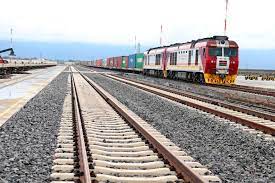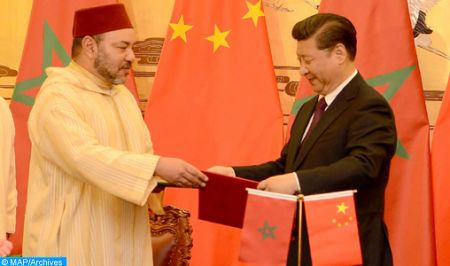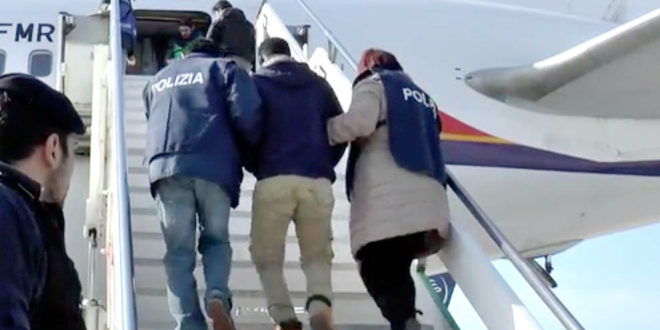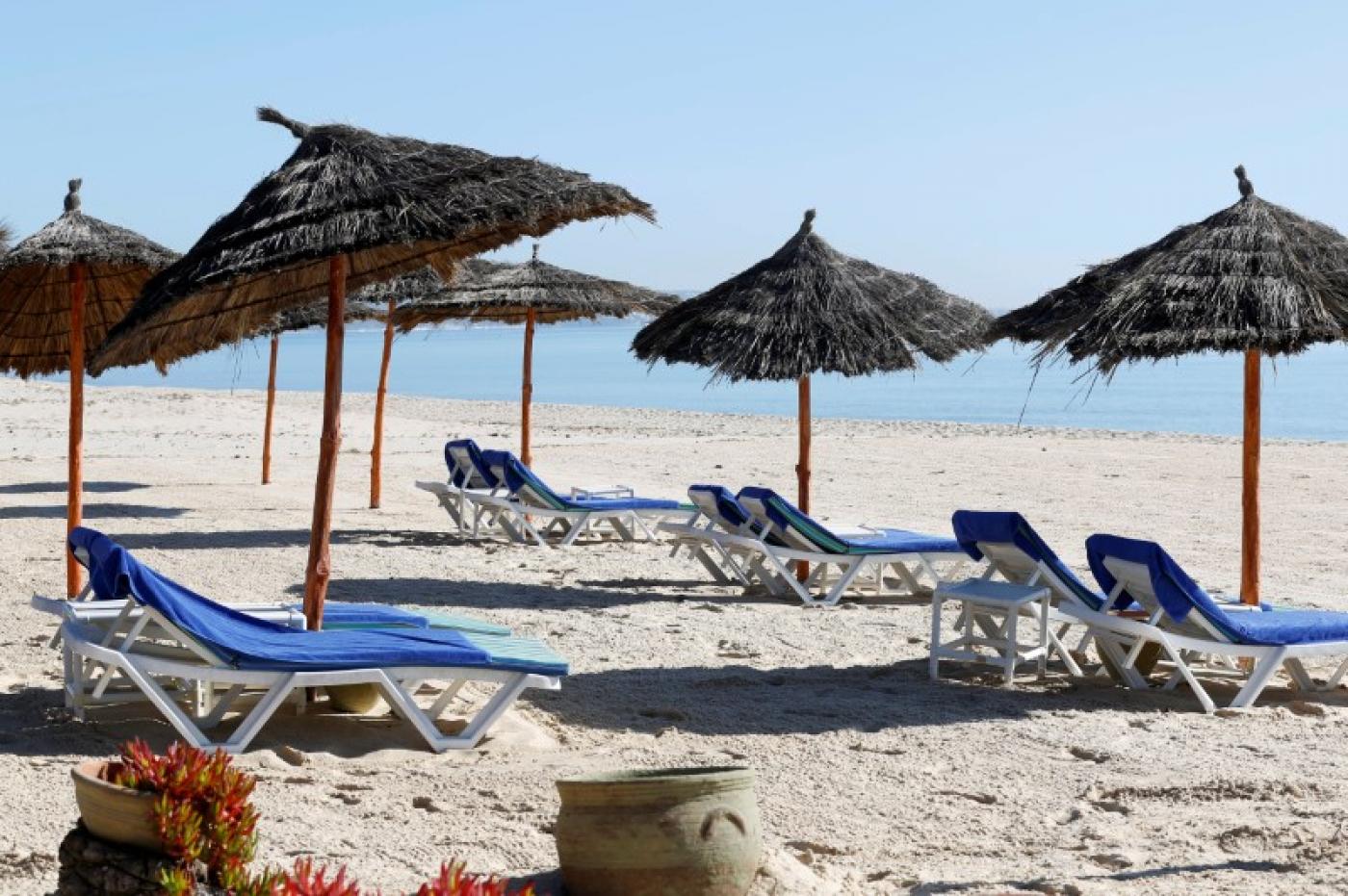To offer developing countries an “alternative” to China’s Belt and Road Initiative (BRI), the EU launched, in 2021, its €300 billion Global Gateway scheme but as Kenya’s case shows, the EU’s initiative struggles to challenge its Chinese rival.
For the European Union, investing in trade routes is about economic development and a way to push for a more environmentally friendly seaborne trade route over air freight, the bloc’s experts say. The EU and its member states have invested in the so-called Northern Corridor, a strategic trade route that starts and ends at Kenya’s Mombasa port, linking a number of African countries in the Great Lakes region with the world — including Europe and China. To make seaborne freight more attractive and trade routes greener, for the EU is all about “efficiency” — the transit time from the farmers’ fields to the European supermarket must be quick, going from weeks to days.
Large European investment is visible from the Mombasa port — the original congested one-lane road has been rebuilt into a two-way road, which helped with traffic flows, and thanks to an electronic device and technology funded by the EU, the cargo bound for Europe can now be tracked throughout its route. But alongside the Europeans, China’s presence is highly visible at the port — China Aid logos ore omnipresent in the Mombasa port, as well as in the Chinese-built Standard Gauge Railway (SGR) connecting Mombasa with Nairobi and the 27-km-long Nairobi Expressway built by a Chinese firm in a record time of about a year.
It is difficult to avoid comparing China’s accomplishments with the EU’s rival efforts: the Europeans want to offer a more transparent alternative, with donations of development aid – instead of loans, as is the case for China’s BRI. But at first glance, the EU can also look less attractive, not least because its projects take longer to come to life, there is a lot of red tape, and control over the expenses is tight. Still, the 27-member bloc may have gained an upper hand over China after it signed an Economic Partnership Agreement (EPA) with Kenya in June, the first major deal since 2016 with an African country. Some experts say that the trade agreement could allow the EU to solidify its trade position while shaking off China’s influence in East Africa.



